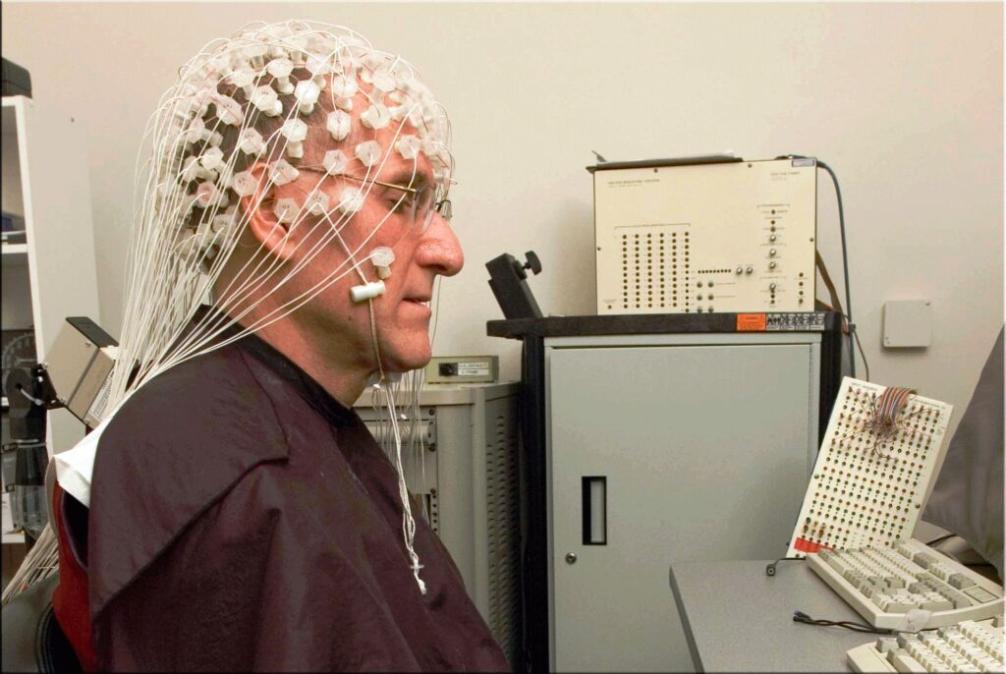What Role Does Artificial Intelligence Play in Neurosurgery?
Artificial intelligence (AI) is rapidly transforming the medical field, and neurosurgery is no exception. AI algorithms can analyze medical images, assist surgeons during surgery, guide surgical navigation, and monitor patients after surgery. This article explores the current and potential applications of AI in neurosurgery, highlighting its benefits and challenges.

AI In Medical Imaging
- AI algorithms can analyze medical images, such as MRI and CT scans, with greater accuracy and speed than humans.
- AI-powered software can detect and diagnose neurological conditions, such as tumors, strokes, and aneurysms, with high sensitivity and specificity.
- Examples of AI-powered software used in neurosurgical imaging include Brainlab's AI-RAD Companion and GE Healthcare's Edison AI Platform.
AI-Assisted Surgery
- AI can assist neurosurgeons during surgical procedures by providing real-time guidance and feedback.
- AI algorithms can help surgeons plan and execute complex surgeries, such as brain tumor resections and deep brain stimulation.
- AI-powered robots can be used to perform minimally invasive neurosurgical procedures with greater precision and accuracy.
AI In Surgical Navigation
- AI can be used to guide neurosurgeons during surgery by providing real-time tracking of surgical instruments.
- AI algorithms can create 3D models of the brain and spine, which can be used to plan and navigate surgical procedures.
- Examples of AI-based navigation systems used in neurosurgery include Medtronic's StealthStation and Brainlab's VectorVision.
AI In Post-Operative Care
- AI can be used to monitor patients after neurosurgery to detect and prevent complications.
- AI algorithms can analyze patient data, such as vital signs and lab results, to identify patients at risk of developing complications.
- AI-powered systems can also be used to provide personalized care plans for patients after surgery.
Challenges And Future Directions
- The use of AI in neurosurgery faces several challenges, including data privacy and security concerns, ethical considerations, and regulatory hurdles.
- Future advancements in AI are expected to lead to even more sophisticated and powerful applications in neurosurgery, such as the development of AI-powered surgical robots that can perform complex procedures autonomously.
AI is rapidly transforming the field of neurosurgery, offering a wide range of benefits and potential applications. From analyzing medical images to assisting surgeons during surgery, AI is helping to improve patient care and outcomes. As AI technology continues to advance, we can expect to see even more innovative and groundbreaking applications of AI in neurosurgery in the years to come.
YesNo

Leave a Reply